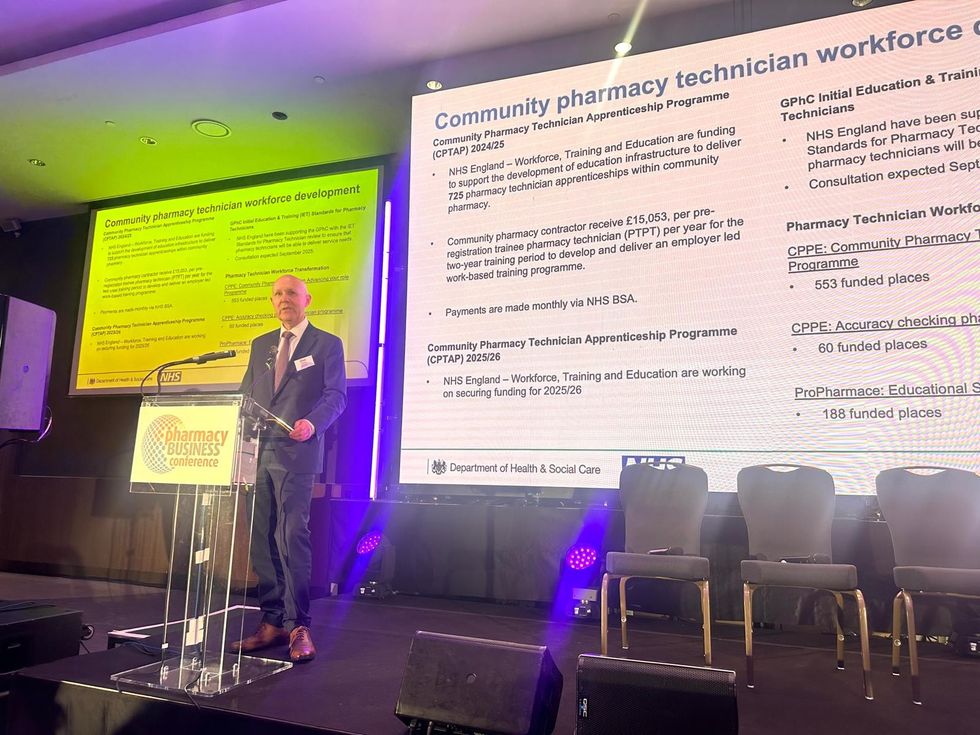Kids get stomach problems all the time due to low immunity or lifestyle risk factors. While taking medications can reduce a bloated stomach or excess diarrhea, learning how to improve gut health can help your kid avoid stomach problems. One of the most effective gut health products is probiotics. Whether you plan to provide your kid with good strains of gut bacteria throughSproutedbiome supplements or introducing the good bacteria through diet, knowing what to expect can help you determine if they are working.
How to know if your kid is responding to probiotics?
- Fewer tantrums and outbursts
Gut health and mental health go hand-in-hand. A child with gas or stomach cramps tends to be fussy. The fussiness may progress to outbursts and tantrums due to symptoms in the gut. Probiotics trigger serotonin production, a neurotransmitter that improves your child's mood, sleep and appetite. If your once moody child starts getting happy and has sufficient sleep after taking probiotics, you will know they are working.
- Frequent bowel movements
Stomach problems are an indication of the presence of harmful bacteria in the gut. For example, excessive diarrhea might indicate toxic bacteria in the intestines, while constipation is a sign of irregular bowel movement due to low mucus production. A quality-assuring probiotic introduces good strains of bacteria to your child's gut, driving out the harmful bacteria. When a child's bowel movements are more stable and less uncomfortable, you will know they benefit from thegood strains of bacteria from the probiotic products.
- A stronger immunity system
Common colds and coughs are symptoms of a weakened immune system in kids between 3 and 11. Most parents may not discern whether they can build their kids' immune system by introducing good bacteria to fight harmful bacteria and toxic waste. The only way to know if your child’s immunity has improved is if you have fewer visits to a pediatrician for the past month.
- More energy
Kids aged 3-11 are supposed to be active. Their gut plays a significant role in converting food nutrients to energy to keep them active. When your kid's gut system experiences energy insufficiency, their gut lining may get inflamed. With time, the inflammation affects the gut's ability to absorb nutrients, leading to decreased energy. Inflammation also creates leakiness in the gut, providing pathogens with access to the body, triggering an immune response. Probiotics work by repairing the gut and reducing inflammation to revive energy levels.
- It helps the body to cope better with stress
The communication between the gut and the mind is phenomenal. Your child’s gut health dictates how they will cope in stressful situations. For example, a child with constipation or diarrhea is more likely to develop anxiety than one whose gut health is stable. The former probably has a leaky gut which can negatively affect the brain. Probiotics with Omni-biotic ingredients have proven to fix leaky gut. The product also helps the brain to produce stress-relieving hormones such as serotonin. If your child gets less fussy or irritable after taking their probiotics, you will know the product has addressed the gut barrier function and improved the brain's capacity to produce serotonin.
- Little-to-no digestive problems
If your child tends to have gas, constipation, diarrhea, or mild-to-severe stomach cramps, it would be best to introduce probiotics. They clean out the bad gut bacteria and invite the good strain to regulate microbiome balance. A child who responds to probiotics will have little-to-no digestive problems because their intestines digest food properly and utilize food nutrients effectively.
Your child’s current gut health and the quality of the probiotic product they are taking determine how long it will take before positive results can manifest. Some kids may start feeling better after a few days, while others may take up to three months to experience improvements. Whatever the case, do not stop giving probiotics even if their symptoms improve in a matter of days.
Remember, some medications and your kid’s mental health can affect probiotics' effectiveness. Once you resolve these triggers of gut imbalance, your child will benefit from the product. To witness improvements in mood, increased energy and reduction in inflammation of the gut barrier, visit your pediatrician to recommend the best probiotic product. The recommendation is based on your child’s current medical condition and family health history.














 Health Secretary Wes Streeting addresses Pharmacy Conference via video
Health Secretary Wes Streeting addresses Pharmacy Conference via video  David Webb, chief pharmaceutical officer of NHS England
David Webb, chief pharmaceutical officer of NHS England Shailesh Solanki, executive editor of Pharmacy Business
Shailesh Solanki, executive editor of Pharmacy Business L-R: Yasmin Karsan, Pritee Panchmatia and Fin McCaul
L-R: Yasmin Karsan, Pritee Panchmatia and Fin McCaul  L-R: Baba Akomolafe, Rachna Chhatralia, Patricia Tigenoah-Ojo and Raj Matharu
L-R: Baba Akomolafe, Rachna Chhatralia, Patricia Tigenoah-Ojo and Raj Matharu L- R: Nicola Stockmann, Robert Townsend, Atul Patel and Amerjit Singh
L- R: Nicola Stockmann, Robert Townsend, Atul Patel and Amerjit Singh Wole Ososami, lead pharmacist at Westbury Chemist
Wole Ososami, lead pharmacist at Westbury Chemist

